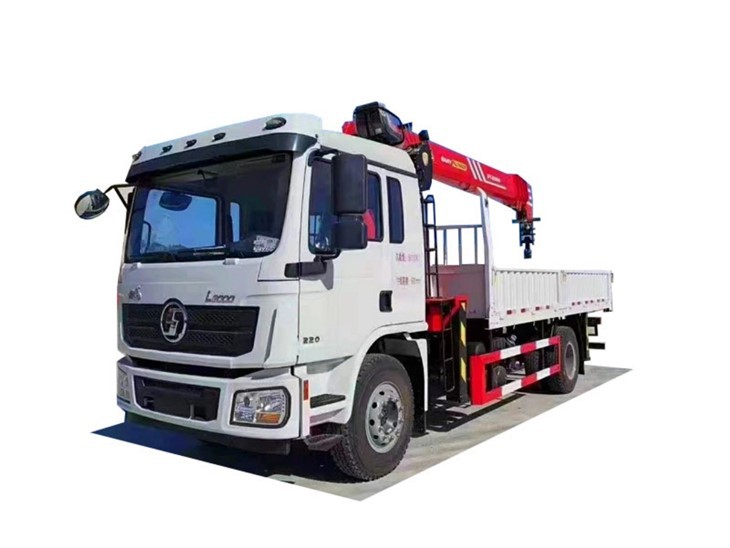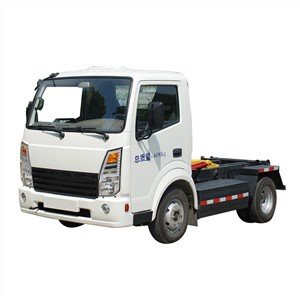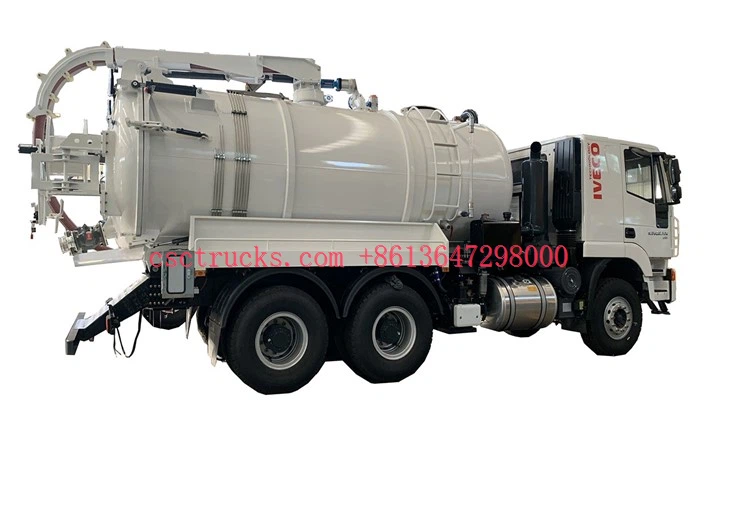Fire Truck Tankers for Sale: A Complete Guide to Buying the Right Vehicle

Introduction
When it comes to fire safety, having the right equipment is crucial for any fire department, community, or private organization. Fire truck tankers play a vital role by providing the necessary water supply for firefighting operations, especially in areas where hydrants may not be readily available. This article will delve into everything you need to know about fire truck tankers for sale, helping you make an informed purchase that meets your specific needs.
Understanding Fire Truck Tankers
What Are Fire Truck Tankers?
Fire truck tankers are specialized vehicles designed to transport and supply water to firefighting efforts. Unlike traditional fire trucks, which may have a fixed tank and pump system, tankers are designed primarily to carry large quantities of water over long distances.
Key Features of Fire Truck Tankers
When exploring fire truck tankers for sale, consider the following features:
- Water Tank Capacity: Tanker sizes typically range from 1,000 to over 5,000 gallons.
- Pump System: Most tankers are equipped with either a pump engine or a water transfer system.
- Chassis Type: Tankers can be built on a variety of chassis, including commercial or custom-built models.
- Material: Water tanks can be made of stainless steel, aluminum, or composite materials.
Types of Fire Truck Tankers Available
Standard Fire Truck Tankers
Standard tankers are designed for general use and are an excellent choice for smaller municipalities or volunteer fire departments. They typically possess a pump and storage tank mechanism.
Wildland Fire Truck Tankers
These tankers are designed specifically for battling wildfires and are usually more compact, featuring off-road capabilities to access remote areas. They often come equipped with specialized pumps for forest firefighting.
Water Tender Tankers
Water tenders are specifically designed to transport water to areas lacking fire hydrants. They are often equipped with pumps that allow them to discharge water to other firefighting apparatus or directly onto a fire.
How to Choose the Right Fire Truck Tanker
Assess Your Needs
Before purchasing a tanker, assess the specific needs of your fire department or organization. Consider factors like:

- The typical size of fires you respond to.
- Geographical features of your service area.
- Hydrant availability.
Budget Considerations
Fire truck tankers can range in price from tens of thousands to several hundred thousand dollars, depending on their features and specifications. Establish a budget and keep in mind ongoing maintenance costs.
Evaluate Tanker Specifications
Once you have an idea of what you need, evaluate the specifications of potential tankers. Pay attention to:
- Volume of the water tank.
- GPM (gallons per minute) rating of the pump.
- Physical dimensions and weight of the tanker.
Where to Find Fire Truck Tankers for Sale
Online Marketplaces
There are a variety of online platforms where you can find fire truck tankers for sale, such as:
Dealerships and Manufacturers
Visit local fire truck dealerships or directly connect with manufacturers to explore new and used options. Popular manufacturers include:
- GMC: Known for reliable fire fighting vehicles.
- International: Offers a wide range of fire truck tankers.
- Pierce Manufacturing: Focuses on custom fire and emergency vehicles.
Things to Consider When Buying Used Fire Truck Tankers
Inspection and Maintenance History
Before purchasing a used tanker, always carry out a thorough inspection. Look into the vehicle’s maintenance records and ensure it has been well-maintained over its lifetime.
Age and Condition
The age of a fire truck tanker is essential, but condition matters even more. Inspect for rust, dents, and leaks, and check the functionality of the pump system.
Financing Options for Fire Truck Tankers
Loans and Grants
Many financial institutions offer loans for purchasing fire trucks, often with favorable terms. Additionally, federal and state grants may be available specifically for fire departments.
Lease Options
Leasing a fire truck tanker can be a viable option for departments with budget constraints. This allows access to the latest technology without the upfront capital requirement.
Maintaining Your Fire Truck Tanker
Regular Inspections
To ensure the longevity and efficiency of your fire truck tanker, conduct regular inspections. Focus on:
- Water tank integrity.
- Pump functionality.
- Tires and brakes condition.
Winterization Tips

In colder climates, proper winterization of your tanker is essential to prevent any damage. Ensure that water is drained from the system and use antifreeze where necessary.
Practical Examples of Successful Purchases
Case Study: Small Town Volunteer Fire Department
A small volunteer fire department successfully purchased a used 3,000-gallon water tender. By evaluating their needs and conducting thorough inspections, they secured an affordable tanker that improved their water supply for rural firefighting.
Case Study: Urban Fire Department Expansion
An urban fire department’s purchase of two new fire truck tankers increased their efficiency during firefighting operations. They used a combination of donations and grant funding to finance the acquisition, ultimately benefiting their community’s safety.
Frequently Asked Questions (FAQ)
What is the average cost of a fire truck tanker?
The average cost of a fire truck tanker can range between $40,000 to over $200,000 depending on its size, features, and whether it is new or used.
How do I know if a used tanker is worth buying?
To assess a used tanker’s worth, check its maintenance history, conduct an independent inspection, and compare prices of similar models in the market.
Can I finance a fire truck tanker purchase?
Yes, financing options are available, including loans from banks, government grants, and leasing programs specifically for fire departments.

What should I look for during an inspection?
During an inspection, focus on the condition of the water tank, pump system, tires, brakes, and overall vehicle body integrity.
Are there custom options available for fire truck tankers?
Yes, many manufacturers offer customizable options for fire truck tankers to meet specific operational needs.
How often should I maintain my fire truck tanker?
Regular inspections should be conducted at least once a year, with more frequent checks on critical systems, especially during peak seasons for fire activity.
